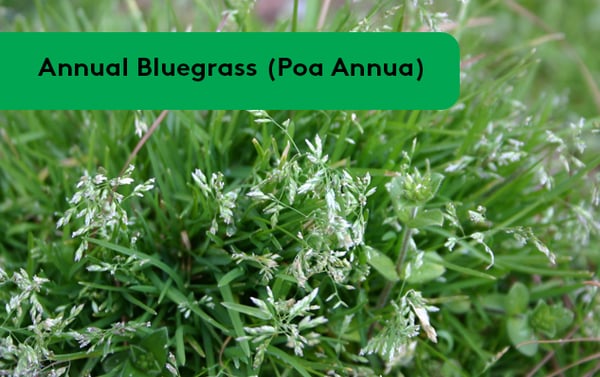
Negate herbicide is a synergistic formulation of ALS herbicides metsulfuron and rimsulfuron, that offers unsurpassed control of grassy and broadleaf weeds.
With recent EPA approval for residential use, Negate offers lawn care managers of bermudagrass and zoysia grass a new tool to combat grassy weeds such as annual bluegrass and ryegrasses, as well as many annual and perennial broadleaf weeds.

In southern areas of the country, dinitroaniline herbicide (prodiamine, pendimethalin, oryzalin) resistant annual bluegrass is problematic, and post emergent herbicides are expensive. Therefore, lawn care managers have turned to indaziflam as the pre-emergent active ingredient of choice to control annual bluegrass.
Indaziflam is a valuable tool for annual bluegrass management in the south, but we risk losing efficacy with over-use. With Negate now being registered for residential use, we have a cost-effective tool for post emergence control of annual bluegrass. This allows LCO’s the option to rotate to other pre-emergence chemistries (dithiopyr, prodiamine, oryzalin etc.) while controlling annual bluegrass with Negate.
![]() Read more on Negate NOW AVAILABLE for residential turf
Read more on Negate NOW AVAILABLE for residential turf
Negate provides exceptional control of grassy weeds such as annual and perennial ryegrass, rough bluegrass and annual bluegrass, and also controls over 50 common broadleaf weeds.
Common broadleaf weeds such as clover, henbit, plantain, chickweed and dandelion are all controlled with an application of Negate. Even the common wild onion that pops up in winter months will be controlled with Negate.
![]() Read more on controlling winter annual weeds
Read more on controlling winter annual weeds
Commonly used growth regulator herbicides such as 2,4-D are less effective in cooler temperatures, compared to the sulfonylureas that make up Negate.